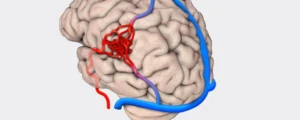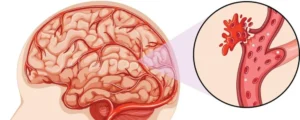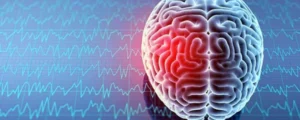Overview
Neurosurgery is a specialized branch of medicine that deals with the diagnosis, treatment, and surgical management of disorders affecting the nervous system, including the brain, spinal cord, and peripheral nerves. Neurosurgeons undergo extensive training, typically completing medical school followed by a residency program specifically focused on neurosurgery.
Neurosurgical disorders refer to conditions that require surgical intervention for the management or treatment of neurological conditions. Here are some common types of neurosurgical disorders and their treatment options
Overall, neurosurgery plays a crucial role in treating complex neurological conditions and improving patients’ quality of life.
Brain Tumors
Malignant Brain Tumors: Treatment options may include surgical resection (removal) of the tumor, followed by radiation therapy and/or chemotherapy. In some cases, targeted therapies or immunotherapy may also be used. Benign Brain Tumors: Treatment options may include surgical resection of the tumor, especially if it causes symptoms or poses a risk to surrounding brain tissue.


Spinal Disorders
Herniated Disc: Treatment options may include conservative measures such as physical therapy, medication, and epidural steroid injections. However, if conservative measures fail to relieve symptoms, surgical options such as discectomy or spinal fusion may be considered.
Spinal Stenosis
Treatment options may include conservative measures initially, but if symptoms persist, surgical options such as laminectomy or spinal fusion may be considered


Spinal Cord Tumors
Treatment options may include surgical resection of the tumor, followed by radiation therapy and/or chemotherapy in some cases.
Neurovascular Disorders
Cerebral Aneurysms: Treatment options may include endovascular coiling, a minimally invasive procedure to repair the aneurysm, or surgical clipping, which involves placing a metal clip around the neck of the aneurysm to prevent rupture.


Arteriovenous Malformations (AVMs)
Lorem ipsum dolor sit amet, consectetur adipiscing elit. Ut elit tellus, luctus nec ullamcorper mattis, pulvinar dapibus leo.
Intracerebral Hemorrhage
Treatment options may include surgical evacuation of the hemorrhage, especially in cases of large or symptomatic hemorrhages.


Functional Neurosurgery
Lorem ipsum dolor sit amet, consectetur adipiscing elit. Ut elit tellus, luctus nec ullamcorper mattis, pulvinar dapibus leo.
Traumatic Brain Injury
Traumatic Brain Injury (TBI): Treatment options may vary depending on the severity of the injury, and may include surgical intervention to address bleeding or skull fractures, as well as rehabilitation therapies to manage physical, cognitive, and emotional symptoms. It’s important to note that treatment options for neurosurgical disorders may vary depending on the specific diagnosis, location, size, and severity of the condition, as well as the overall health and individual needs of the patient. A thorough evaluation and personalized treatment plan by a neurosurgeon or a healthcare professional specializing in neurosurgical disorders is crucial for optimal management.










